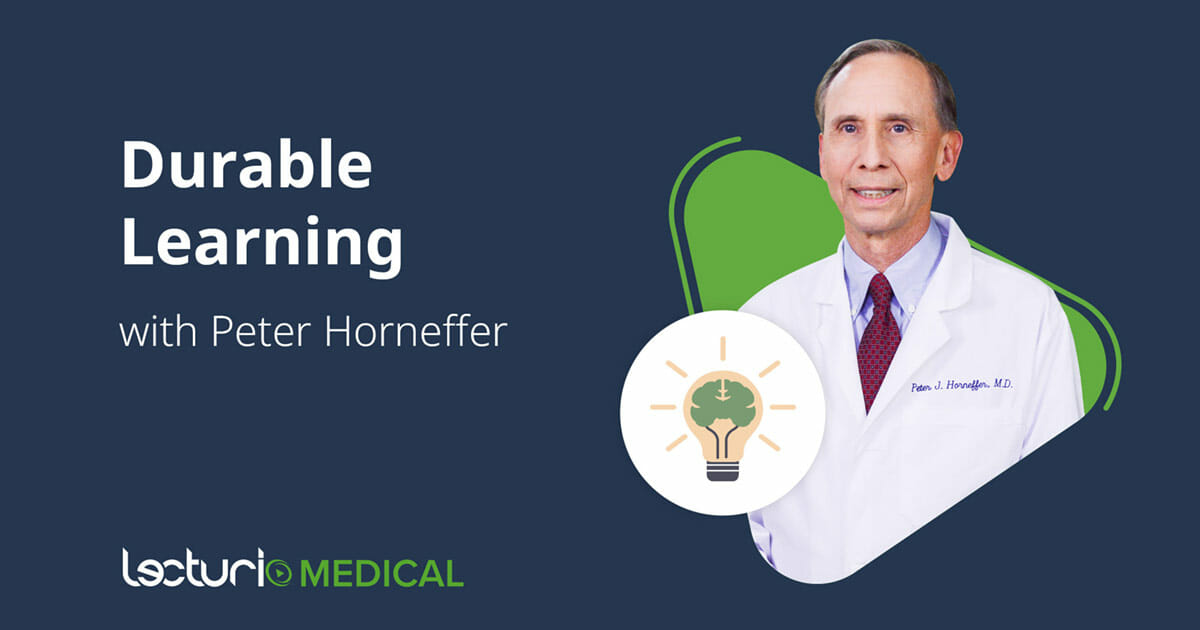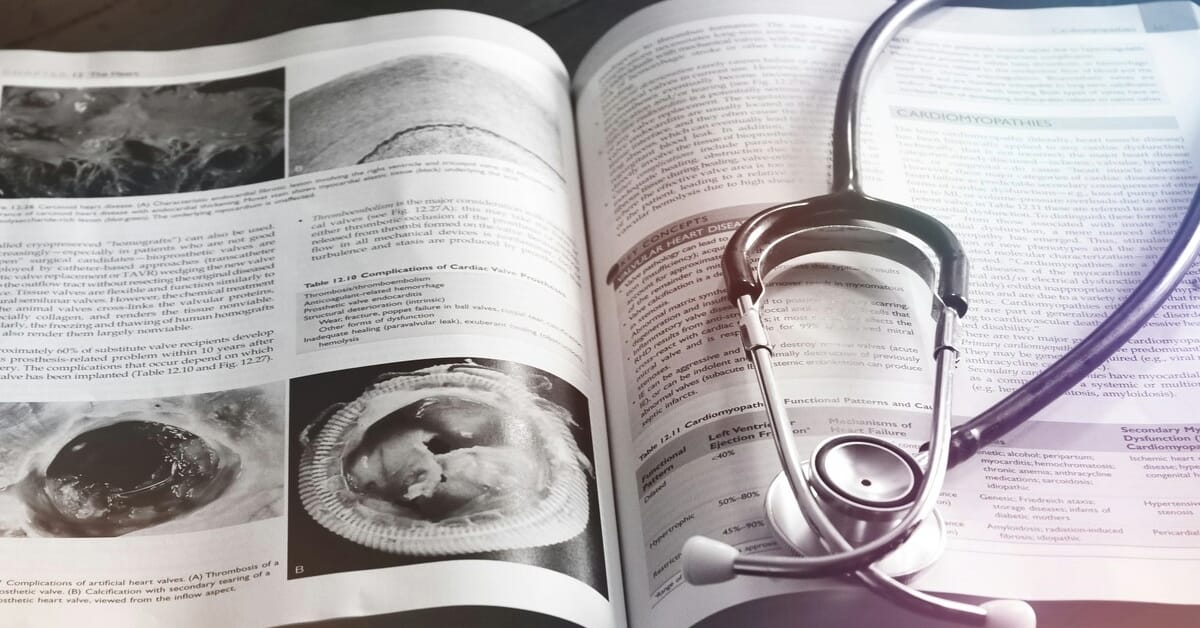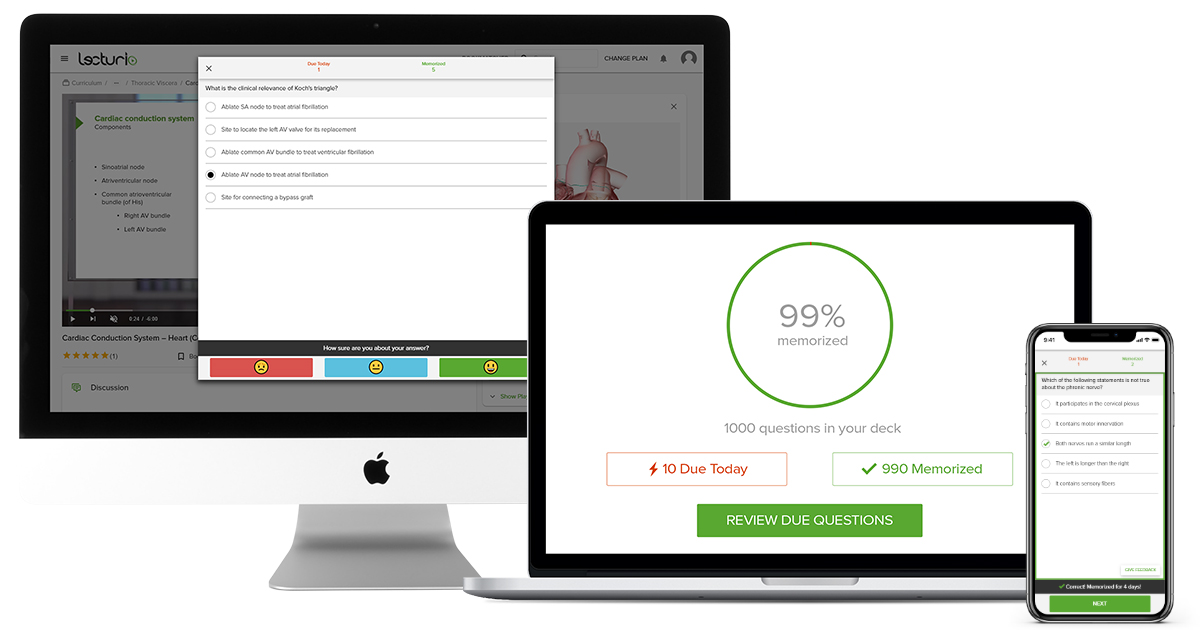Did you know that, as of 2020, medical knowledge doubles approximately every 73 days? That is a lot of material to learn and remember! But studies show that if you make no attempt to retain the information you’re learning, you forget about 75% of what you learn within six days.
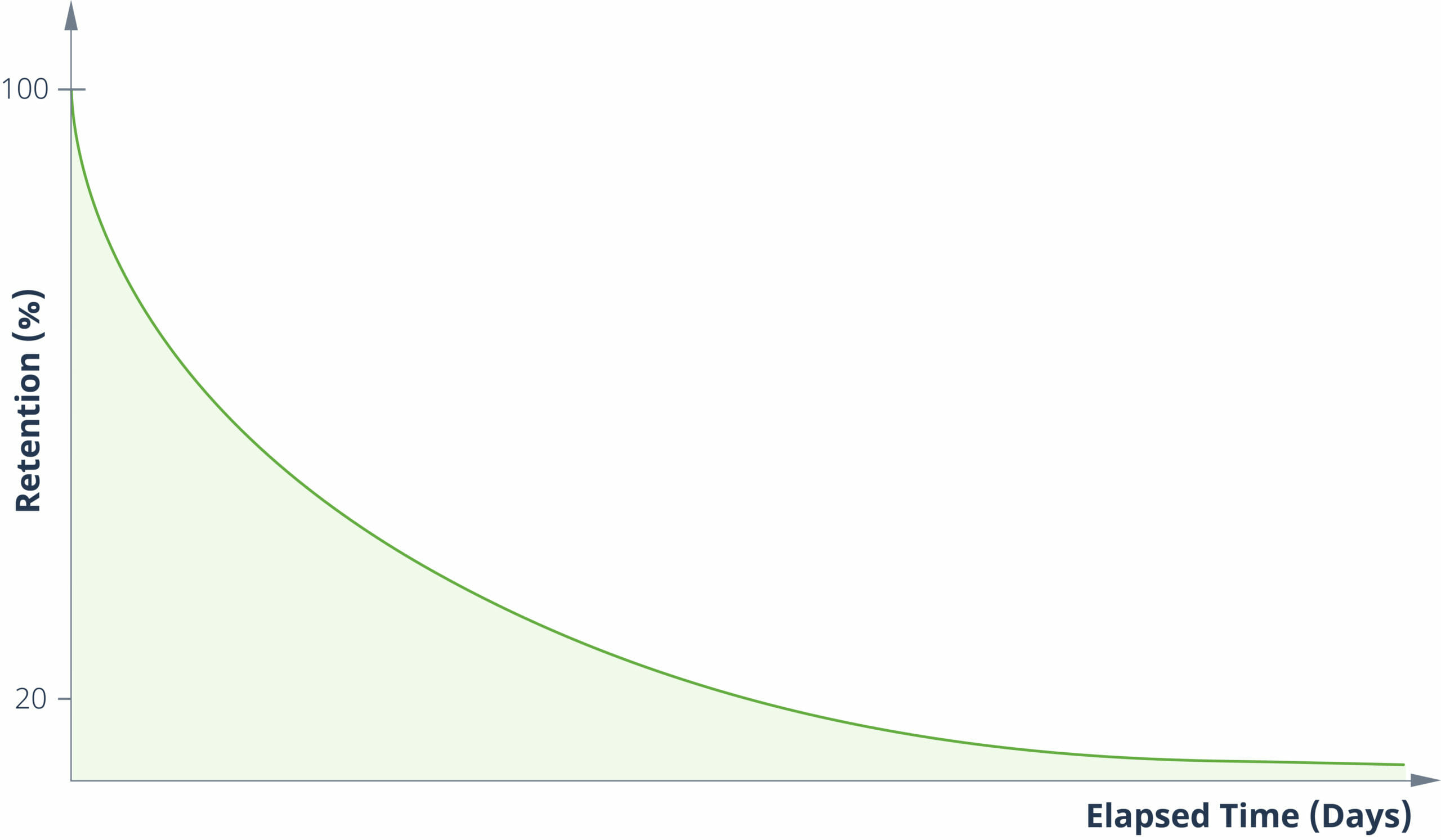
Luckily, there are dedicated scientists all over the world who study how humans learn and how to best retain information. Here you can read a brief overview of learning science and how it can help you tackle that fire hose of information.
What is Durable Learning?
Durable learning is learning for the long-term, rather than just cramming for tests or exams. It means understanding the material and being able to recall it weeks, months, and even years later. Learning science enables durable learning and makes it possible; it helps us understand how to learn for the long-term.
Like medical science, learning science has evolved over centuries. It comprises both evidence-based strategies and cognitive science. Learning scientists use both empirical evidence and neuroscience to better understand just how the brain remembers information. Using effective learning strategies such as retrieval (more about that later), you can remember things more effectively and flatten the curve of forgetting new information.
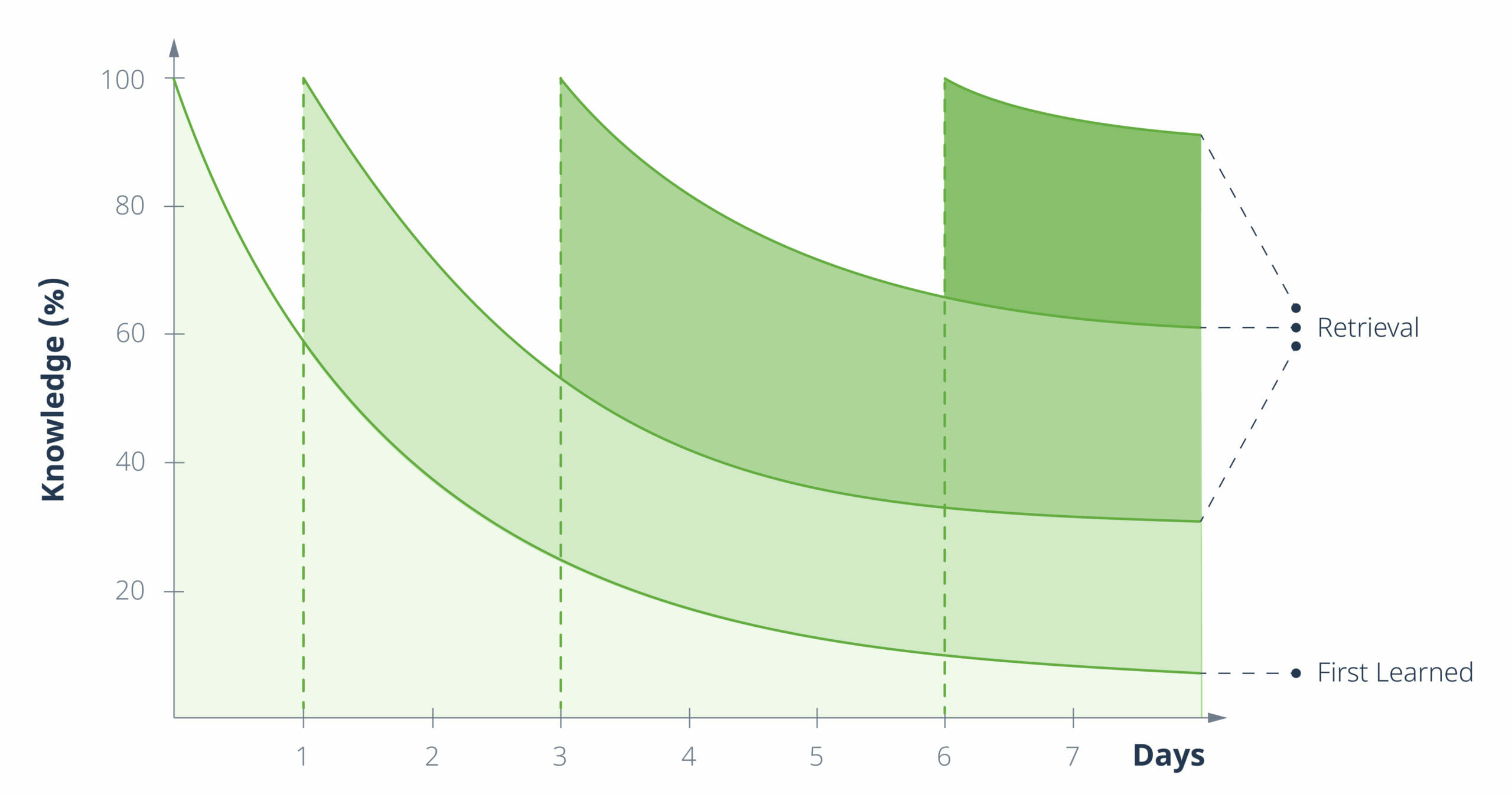
Why is this Important for Me?
As children, we learn to do things like add, multiply, subtract, and divide. Using that base knowledge helps you solve problems every day: how much you will pay at the grocery store, how much to tip at dinner, how to split costs for a night out with friends, etc. Knowledge builds on prior knowledge, which is why it is so crucial to develop a solid understanding of crucial information. You should not rely on simply “looking it up” every time you have a problem to solve or a patient to diagnose. Using evidence-based learning science strategies can help you learn effectively, efficiently, and durably.
Our Ever-Changing Brains
Our brains are always evolving, changing, and adapting. From the moment we are born, we use our brains to make sense of the world around us, find patterns, solve problems, and learn and retain valuable information. However, our brains are not done learning when we are done with school. There is continual remodeling in our brains throughout our lives, just as if we were rewiring a house for improvements. Understanding how to leverage neural connections in the brain can help you learn, help you teach others, and help you access the knowledge you’ve already acquired so that you can perform as a medical professional to the best of your abilities.
Effective learning is not a passive activity. Think of our neural connections like muscles; we have to continually use them so they can become stronger. The more we use these connections, the stronger our knowledge is and the deeper our understanding. We create learning for the long-term. Although durable learning strategies may feel awkward and difficult at first, they will make your learning more efficient in the long run.
Examples of Evidence-Based Techniques
One example of evidence-based techniques was mentioned earlier. Retrieval-based learning strategies have been proven to lead to durable learning. Retrieval strategies simply mean periodically retrieving knowledge on a certain topic at certain intervals. These can be things like spaced retrieval, active recall, and the testing effect.
Other examples of evidence-based learning techniques include things like interleaving and dual coding. Interleaving is the practice of varying or mixing up related concepts being learned, as opposed to studying them in a blocked fashion as you may be accustomed to. Dual coding engages both the verbal and visual information pathways in our brains, ensuring more effective knowledge transfer and retention.
Using a combination of these strategies can maximize your learning and create concrete, long-term knowledge.
How Lecturio can Help You Learn for the Long-Term
Lecturio is a study tool completely built on the science behind effective studying, including the aforementioned study techniques. With content created and curated by medical professionals, Lecturio’s mission is to provide students and faculty with top-tier learning tools, all backed by science.
Together with Barbara Oakley, PhD, Lecturio has created a course dedicated entirely to Durable Learning and the neuroscience behind it. Here you can learn more about what Durable Learning is, the science behind it including how our brains process and retain information, and how to use these strategies to learn effectively and efficiently for the rest of your life.
Related videos
While none of us will be able to remember everything we’ve ever learned, understanding what happens in our brain when we learn and how to leverage it for effective studying can help maximize our efforts. A deeper knowledge of what you learn in medical school and beyond will help you become the best physician and care-giver you can be.
Log into your Lecturio account now to start the course in Durable Learning.
